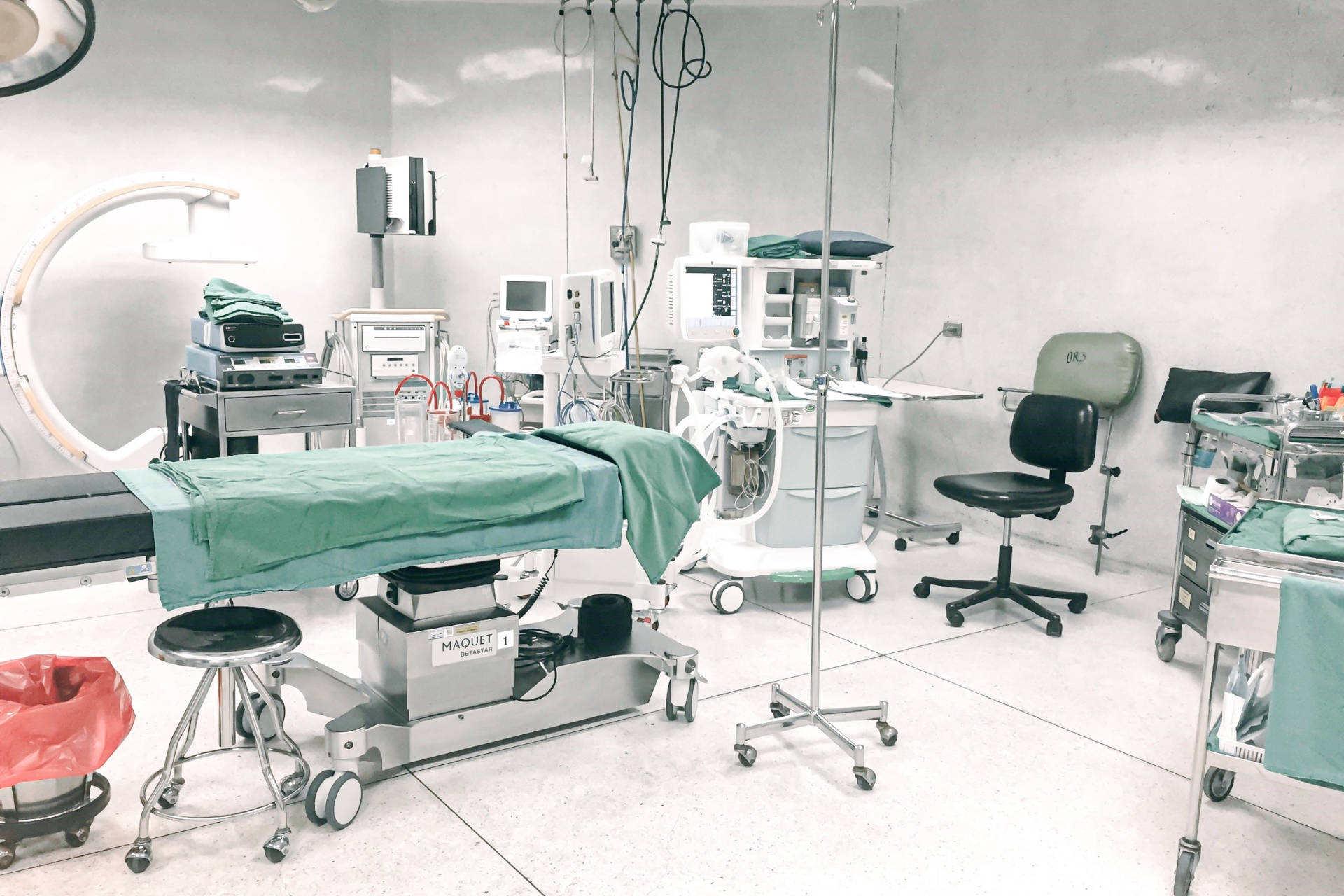Dr. Shaheen Institute Of Dermatology

Osteoporosis
Comprehensive Osteoporosis Management at Maple Healthcare
Osteoporosis is a condition that affects bone density and strength, making bones more susceptible to fractures and breaks. At Maple Healthcare, we’re dedicated to providing comprehensive osteoporosis management to support bone health and prevent fractures. Our experienced medical professionals offer personalized guidance, advanced diagnostic methods, and effective treatments to help you maintain strong and healthy bones.

Our Osteoporosis Management Services
Comprehensive Bone Density Testing:
We offer state-of-the-art bone density testing, known as dual-energy X-ray absorptiometry (DEXA), to accurately assess your bone health and determine your risk of fractures.
Personalized Risk Assessment:
Our healthcare experts will evaluate your medical history, lifestyle factors, and bone health to assess your risk of osteoporosis and fractures.
Nutritional Counseling:
Nutrition plays a significant role in bone health. Our registered dietitians will work closely with you to develop a diet that supports bone density, incorporating calcium, vitamin D, and other essential nutrients.
Exercise and Physical Activity:
Weight-bearing and resistance exercises can help improve bone density and strength. Our fitness experts will design a personalized exercise plan that suits your fitness level and supports bone health.
Medication Management:
If necessary, our medical professionals may recommend medications to slow bone loss and reduce fracture risk. We’ll provide information about the benefits, potential side effects, and long-term management.
Fall Prevention Strategies:
Preventing falls is crucial for individuals with osteoporosis. Our team will provide guidance on fall prevention strategies to minimize the risk of fractures.
Why Choose Maple Healthcare for Osteoporosis Management
Expertise: Our healthcare professionals specialize in osteoporosis management and bone health. They will provide expert guidance, address your concerns, and ensure you receive the best care possible.
Personalized Approach: We recognize that each individual’s bone health needs are unique. Our professionals will work closely with you to create a personalized plan that considers your risk factors, preferences, and health status.
Holistic Care: We believe in addressing all aspects of osteoporosis management, including medical, nutritional, and lifestyle factors, to provide comprehensive care.
Advanced Diagnostic Tools: Maple Healthcare utilizes advanced bone density testing technology to accurately assess your bone health and tailor treatment recommendations.
Affordable Wellness: We believe that maintaining strong bones should be accessible. Our services are competitively priced to provide you with quality care without financial stress.
Experience comprehensive osteoporosis management and support at Maple Healthcare. Contact us today to schedule a consultation and take the first step towards preserving your bone health and preventing fractures.
Frequently Asked Questions(FAQs)
Osteoporosis is a condition in which bones become weak due to decrease in the amount of mineral & bony material in a particular bone characterized by low bone mineral density (BMD). Osteoporosis makes your bones weak and more likely to break. Bones that are affected by osteoporosis can fracture with only a minor fall or injury that normally would not cause a bone fracture.
Anyone can develop osteoporosis, but it is common in older women. As much as 50% women and 25% men older than 50, will have a fracture due to osteoporosis.
Risk factors for osteoporosis include-
- Getting older
- Being small and thin
- Having a family history of osteoporosis
- Taking certain medicines like steroids and ant seizure drugs
- Being a white or Asian woman
- Hypogonadism (deficiency of estrogen or testosterone in females and males respectively)
- Premature menopause in females
- Thyroid hormone excess/Hyperthyroidism
- Calcium deficiency & Vitamin D deficiency
- Drinking large amount of alcohol
- Heavy Smoking
- Other systemic diseases like Malabsorption, rheumatoid arthritis, chronic liver disease etc.
Osteoporosis is typically a silent disease. You might not know you have it until you break a bone. Patients typically have fracture with little or no trauma as fall on ground. The most common fractures are spinal bones, hip bone and wrist in people with osteoporosis. Symptoms occurring late in the disease are bony pains, back pain or pain on compression of the bone. Loss of height may occur because of vertebral fractures over time leading to decrease in height of vertebra.
A bone mineral density (BMD) test is the best way to check your bone health. BMD test can measure bone density in various sites of the body, such as the hip, spine, and wrist. Most commonly it is done by through dual-energy x-ray absorptiometry (DEXA) scan. These tests are quick (taking less than 15 minutes), painless, and noninvasive. A bone density test can detect osteoporosis before a fracture occurs and can predict your chances of having a fracture in the future. You should consult your doctor to know more about these tests.
To keep bones strong, eat a diet rich in calcium and vitamin D by drinking milk or eating milk products and taking vitamin D supplements, exercise and do not smoke. Avoid excessive intake of alcohol.
Osteoporosis treatment includes both lifestyle changes and medications. Treatment programs focus on nutrition, exercise, and safety issues to prevent falls that may result in broken bones. Your doctor may prescribe a medication to slow or stop bone loss, increase bone density, and reduce fracture risk.





